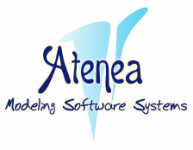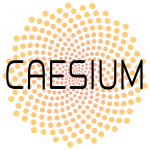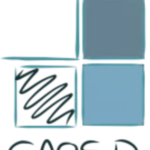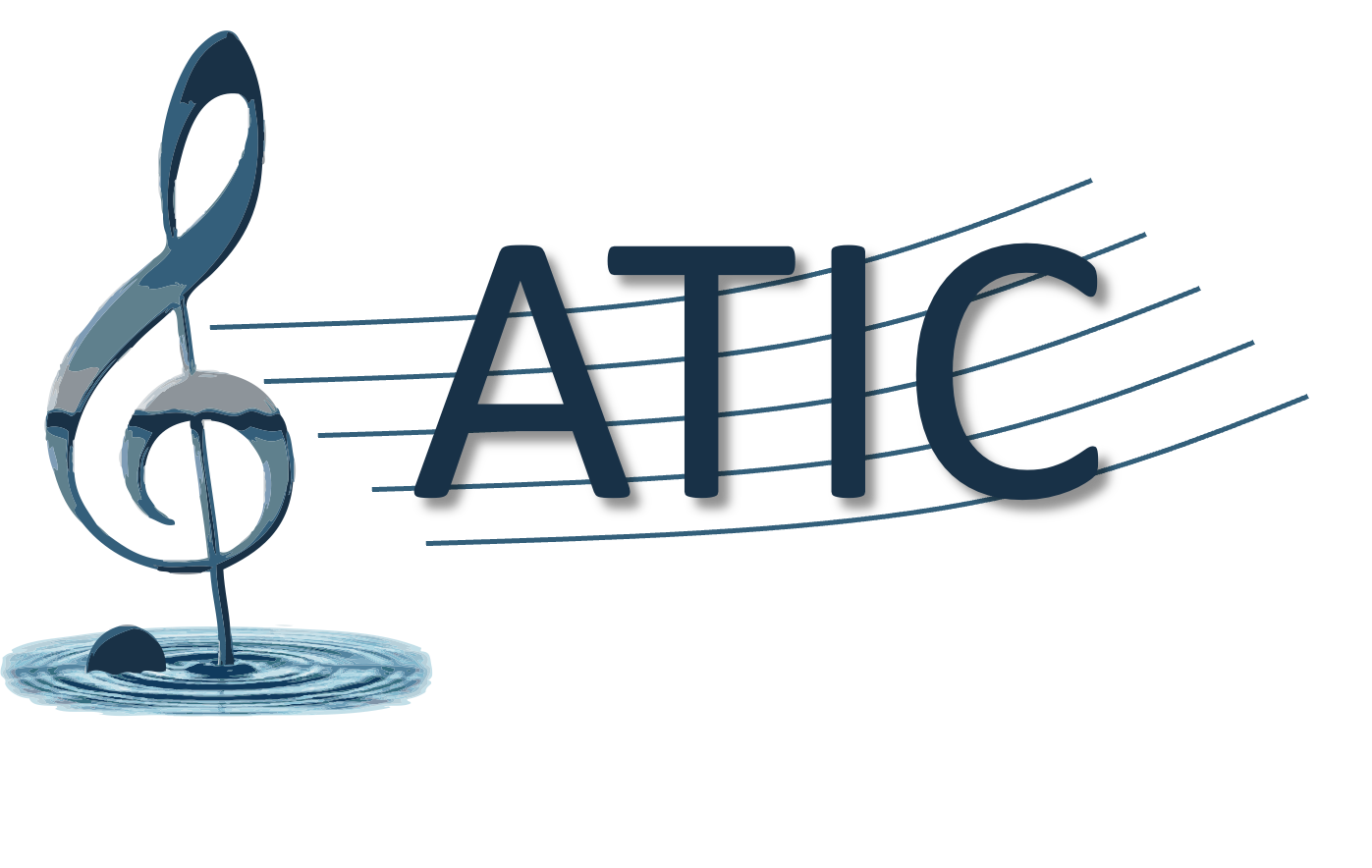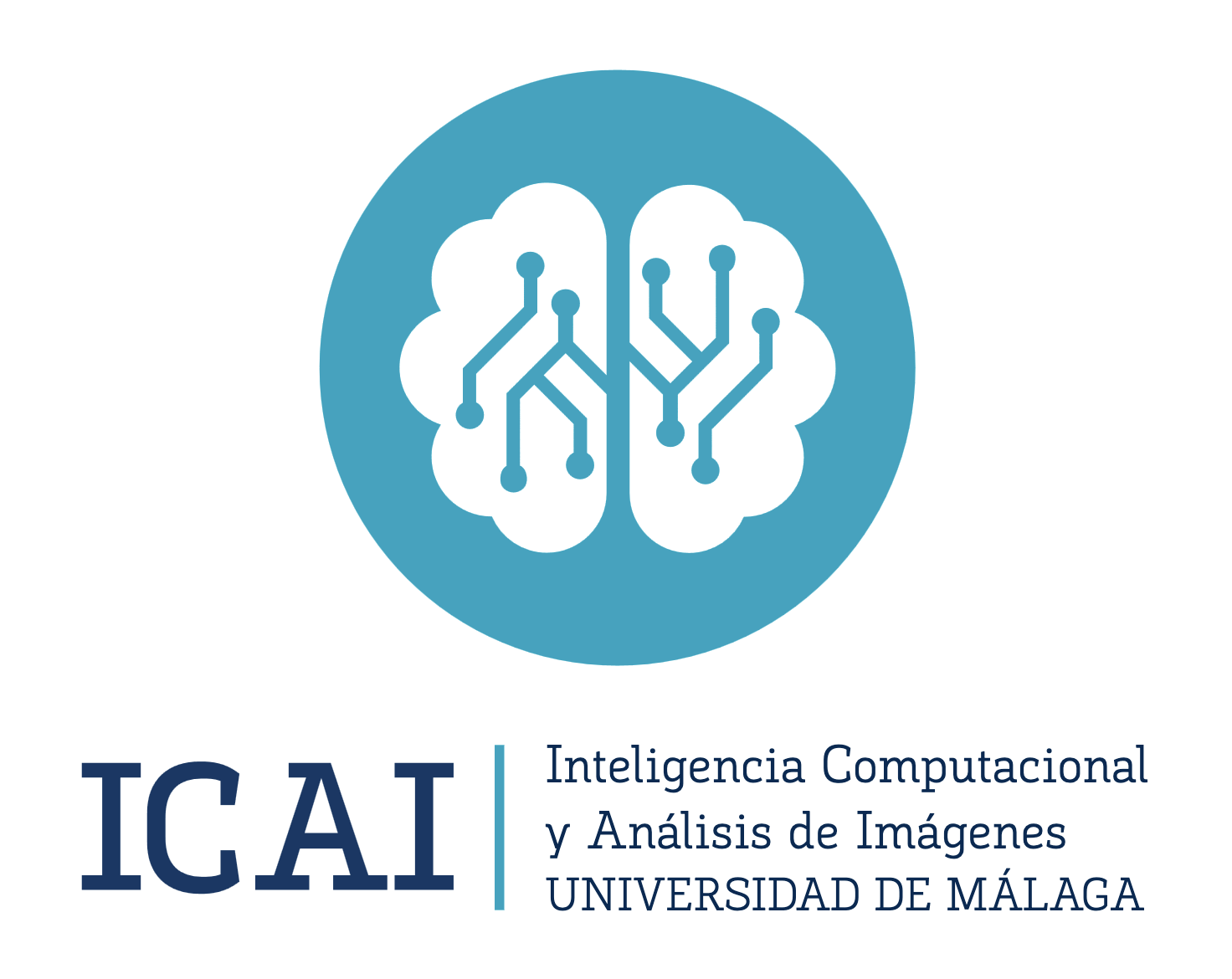Atenea works in the modeling and analysis of software systems. It is part of ITIS Software, conducting basic and applied research on topics related to model-driven software engineering, open and distributed processing, and software quality. We design easy-to-use models and tools for software engineers for the design, analysis, and evaluation of concurrent and distributed information systems.
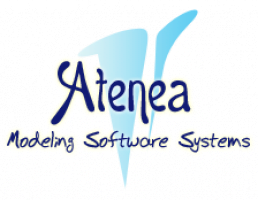
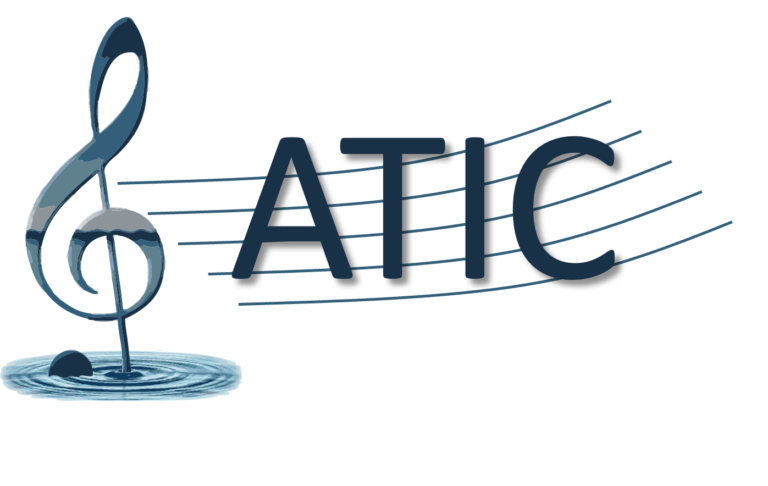
The Application of Information and Communication Technologies (ATIC) group conducts multiple lines of research, including audio signal processing, music information retrieval, automatic music composition and content creation, EEG signal processing related to audio, the development of serious games, e-learning, applications for the conservation and dissemination of heritage, and the creation of new musical instruments.
The CAESIUM group (Complex and Evolutionary Systems In the University of Malaga) focuses its activity in the field of evolutionary and memetic computing to face the challenges of society, with special emphasis on lines such as combinatorial optimisation, video games and gamification, emergent computing and multidisciplinary optimisation.
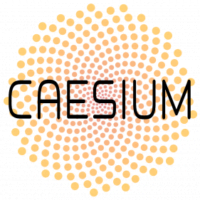

The CAOSD (Component-Aspect Software Development) group focuses on software product lines, self-adaptive systems and goal-based reasoning as eco-efficiency in IoT/edge/cloud environments.
ERTIS (Embedded Real-Time Systems) focuses its research activity on improving the management, accessibility and integration of embedded devices in the context of the Internet of Things (IoT). He also researches the integration of Edge, Fog and Cloud paradigms, in order to optimize response times, fault tolerance and security in the IoT. It also works on the use of deep neural networks and distributed in this context, and on the integration of IoT and Blockchain. The fruit of his research has been successfully applied in the monitoring of Critical Infrastructures and in Smart Grids.

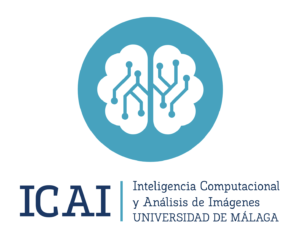
The main activity of the Computational Intelligence and Image Analysis Research Group (ICAI) of the University of Malaga (TIC-163) is in the field of Artificial Intelligence. It focuses on deep artificial neural networks, image and video processing, and computer vision.
The Khaos research group focuses its research activity on the management, integration and analysis of data and big data. It works at the intersection of technologies related to large-scale data management and integration, W3C data standards, data analytics technologies, optimization with meta-heuristics and for big data analysis. It emphasizes the application of research results to real problems, especially in health and agrifood.
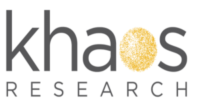

The MORSE group works on methods for software reliability and software for mobile networks. His lines of research include model-based testing, automatic system modeling, analysis of extra-functional properties, experimental networks 5G and post 5G, analysis of the quality of service and experience in mobile applications and new protocols for the Internet. Areas of application include transport, critical systems or mobile networks and applications.
The NEO (Networking and Emerging Optimization) research group is working to propose intelligent systems for complex, scientific and industrial applications. The main lines of research and development are security by software design for IoT and cyber-physical systems, smart cities, multi-objective problems and tools for technology-based companies. He is also active in search-based software engineering (SBSE) and quantum computer software.
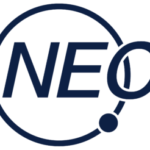

NICS Lab is a leading international security research group led by Javier López, Professor in the Department of Informatics at the University of Malaga who began his research activities in 1994, when Prof. Lopez published his first research paper on email security in local area networks. NICS Lab actively participates in international committees and working groups in the area of safety, as well as in the organization of multiple international conferences and workshops.
The SCENIC group develops its research in the field of Cloud Computing, the Internet of Services, Mobile Social Computing and the application of formal methods to Software Engineering. The group develops methodologies applied to the analysis and development of interoperability in IoT and Cloud, the adaptation and dynamic reconfiguration of deployments in cloud providers, the analysis and synthesis of business processes, and the construction of tools for performance analysis in dynamic and autonomous systems.


